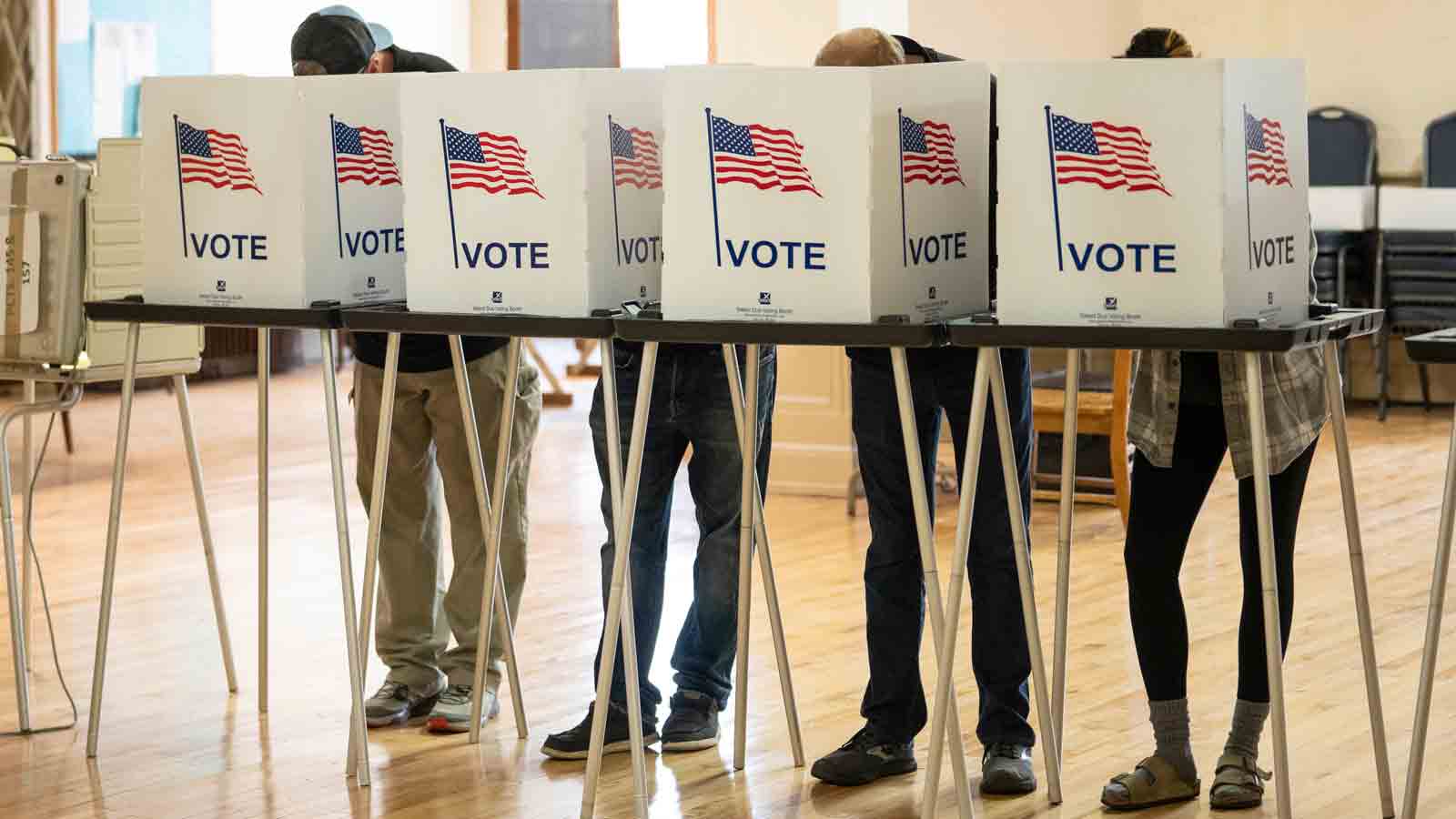There are approximately 177,000 children in this age group in Connecticut, according to Josh Geballe, Connecticut’s chief operating officer.
While this group of 12-to-15-year-olds is not at high risk for severe coronavirus infections, they can still catch COVID-19, have symptoms, and spread it to other more vulnerable populations, according to Dr. Juan Salazar, Connecticut Children’s physician-in-chief.
Newington mom, Grisel Contreres, has a 15-year-old son. He is up to date on all his other vaccines, and Contreres said she is not outright opposed to the COVID shot, but she doesn’t think right now is the best time.
“I just wouldn’t feel, as a parent, comfortable vaccinating them as young as 12 and 15. I think a little older I would probably feel a bit more comfortable. It’s just really, there’s too many unknowns,” said Contreres.
Get Tri-state area news delivered to your inbox. Sign up for NBC New York's News Headlines newsletter.
The biggest unknown for her is how could the vaccine affect her son long-term.
U.S. & World
Doctor Salazar said he would recommend parents weigh the risks of their children getting the vaccine versus getting COVID-19.
“We’re beginning a study here in Connecticut, looking at long haulers and potentially how the infection affects learning environments, the heart, muscles, joints, growth and development, overall behavior in young children and we don’t know yet. So, with all that unknown information for the actual disease, I would want to prevent it,” Salazar said. “The vaccine is one that uses only a small component that mimics the virus protein, the spike protein. It generates immunity. It doesn’t affect every organ as potentially COVID does, so it’s a much more limited potential risk.”
If the FDA grants emergency authorization for the Pfizer vaccine in people between 12 and 15 years old, the federal vaccine advisory committee would meet and decide whether to recommend the vaccine. If the CDC then adopts the guidance, shots could start.



